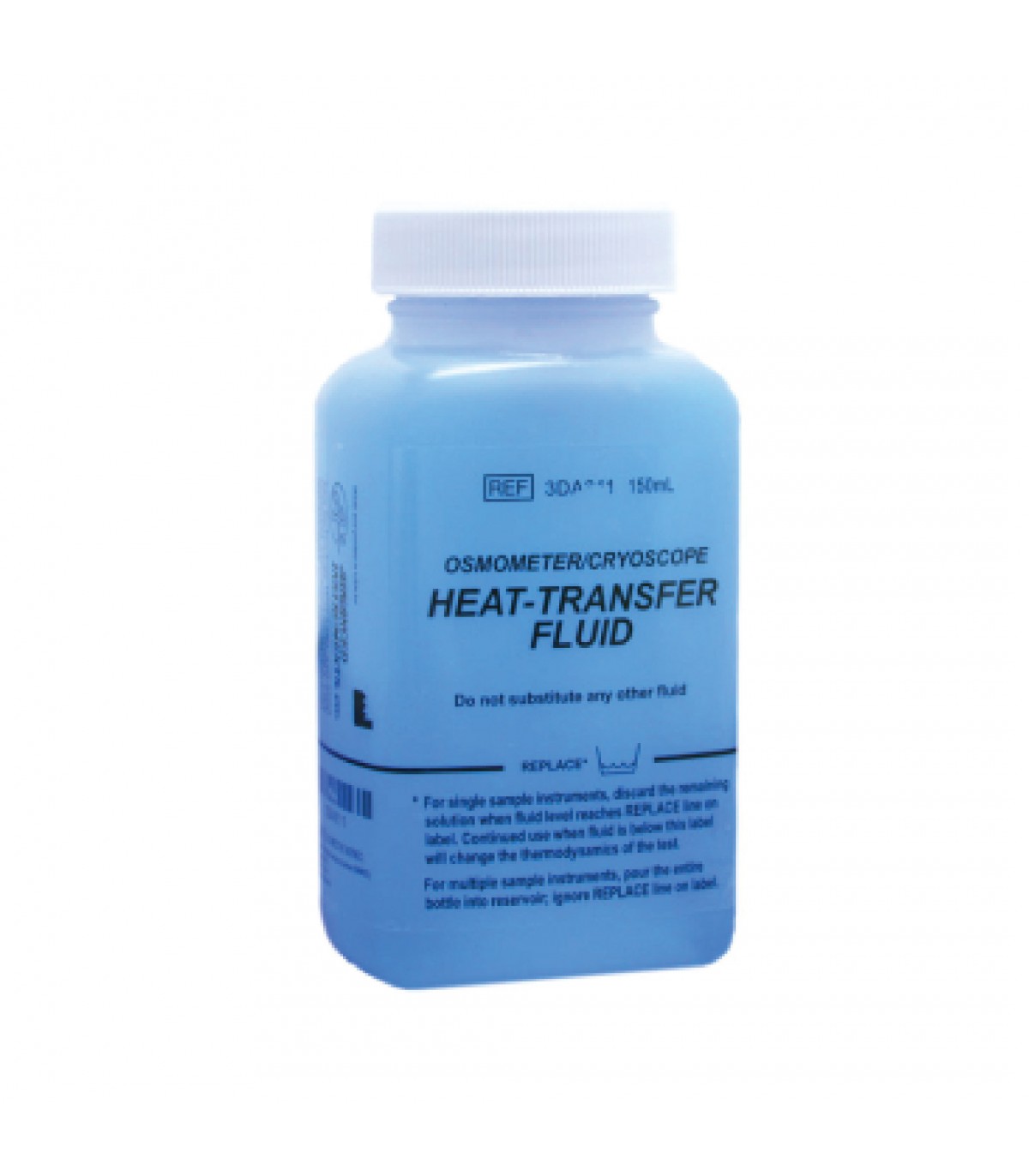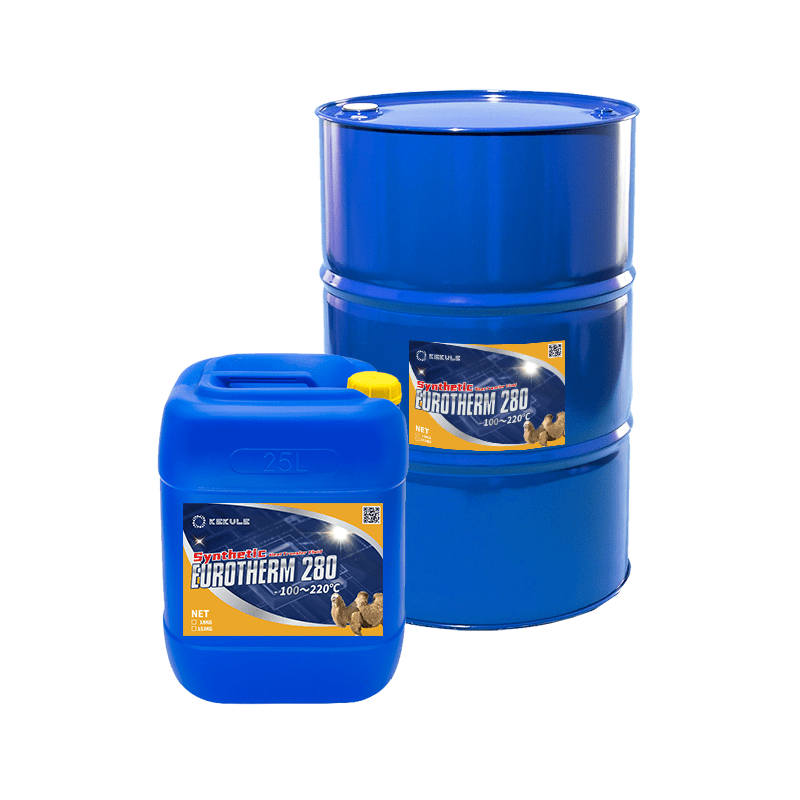Heat Transfer Fluid: Necessary for Optimizing Industrial Cooling And Heating Equipments
Why Warm Transfer Fluid Is Important for Optimizing Power Transfer in Systems
The duty of warm transfer fluids in optimizing power transfer is crucial for attaining effective thermal monitoring throughout various commercial fields. These liquids facilitate smooth warm exchange, making certain processes operate within optimal temperature level ranges and mitigating the danger of overheating.

Role in Thermal Management
Warm transfer fluids play a crucial duty in thermal administration by efficiently regulating temperature levels in various commercial procedures and systems. These specialized liquids assist in the transfer of heat between different elements, ensuring optimal operating problems and avoiding overheating. By preserving precise temperature control, warm transfer fluids allow sectors such as chemical manufacturing, oil and gas, and power generation to operate securely and efficiently.
The option of an appropriate heat transfer liquid relies on a number of aspects, consisting of thermal security, heat capacity, and thickness. High thermal stability makes sure that the liquid can withstand severe temperature levels without breaking down, while a high heat ability allows it to absorb and release considerable amounts of heat - heat transfer fluid. Low viscosity minimizes the power required for pumping, adding to overall system performance
In addition, warmth transfer fluids are integral in applications like refrigeration, where they help absorb and dissipate heat throughout the cooling cycle. In solar thermal energy systems, these fluids capture and transportation solar warmth to create power or give hot water. Their versatility to diverse operating conditions and ability to keep regular thermal efficiency underscore their significance in commercial thermal administration, assisting in operational connection and improving security actions.

Enhancing System Effectiveness
To take full advantage of the advantages of thermal management, enhancing system effectiveness via the calculated use of warm transfer liquids is extremely important. These fluids play a critical function in optimizing energy transfer by facilitating regular thermal regulation, which subsequently affects the total performance and durability of systems. Effective warmth transfer results in decreased energy losses, decreased functional costs, and enhanced integrity of devices. By keeping optimal temperature degrees, warm transfer fluids help ensure that systems operate within their created criteria, thus stopping getting too hot and reducing the threat of element failing.

Kinds Of Heat Transfer Liquids
The diversity of heat transfer fluids highlights their crucial function in a series of industrial applications, each tailored to fulfill details thermal management requirements. These liquids help with reliable power transfer and are picked based upon vital residential properties such as thermal security, viscosity, and heat ability. The primary types consist of water, glycol services, oils, and synthetics, each offering distinct advantages.
Water is the most usual heat transfer medium due to its high specific warm ability and reduced expense. Mineral oils are favored for their thermal stability and non-corrosive nature, making them ideal for high-temperature applications.

Artificial liquids, including silicone and aromatic substances, provide phenomenal thermal security and are utilized in atmospheres requiring extreme temperature level varieties. These liquids ensure exceptional performance in systems where standard liquids may fall short. The selection of a heat transfer fluid is critical, as it affects system effectiveness, safety and security, and long life. Each kind must be chosen to line up with the operational needs and the specific conditions of the application it serves.
Environmental and Economic Conveniences
Utilizing the right warm you could check here transfer liquids supplies significant environmental and economic advantages for commercial operations. Eco friendly heat transfer liquids, usually biodegradable and safe, that site decrease the risk of soil and water contamination in the occasion of leaks or spills, consequently shielding environments and conforming with strict environmental guidelines.
Economically, the best warmth transfer fluid can considerably minimize functional prices. Fluids with extensive lifecycle efficiency decrease the frequency of substitutes and maintenance, reducing downtime and linked expenses. Overall, the tactical use of optimal warm transfer fluids supports sustainable economic development and environmental stewardship.
Choosing the Right Liquid
Just how does one navigate the complex process of picking the ideal warmth transfer fluid for commercial applications? Thermal stability guarantees the liquid can hold up against high temperatures without deteriorating, while compatibility protects against corrosion or various other destructive responses with system components.
Furthermore, the fluid's heat capacity and viscosity are paramount. A high warm capacity permits the liquid to take in and transfer more power, improving performance. Ideal thickness guarantees marginal pump work and efficient warm transfer, specifically in varying temperature levels. Environmental and safety and security aspects need to additionally be part of the decision-making process. Non-toxic, eco-friendly fluids minimize environmental influence and abide by regulative requirements, minimizing obligation risks.
Final Thought
The tactical selection and application of warm transfer fluids are basic to optimizing energy transfer throughout various systems. By making sure high thermal security and ability, these liquids provide precise temperature level control and boost click site overall system effectiveness.